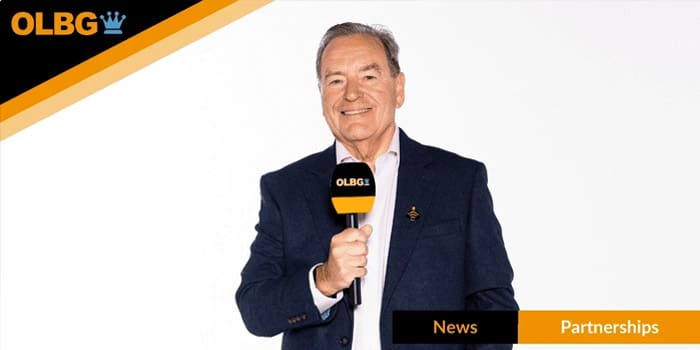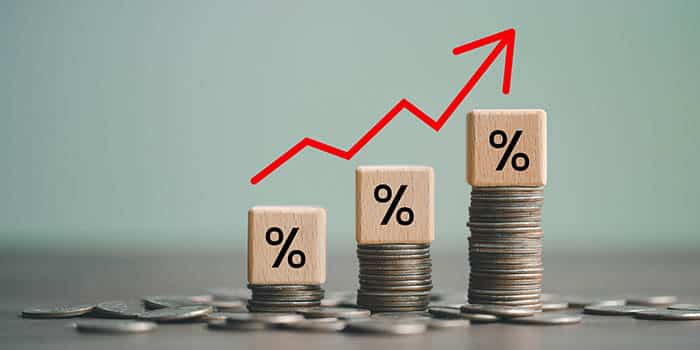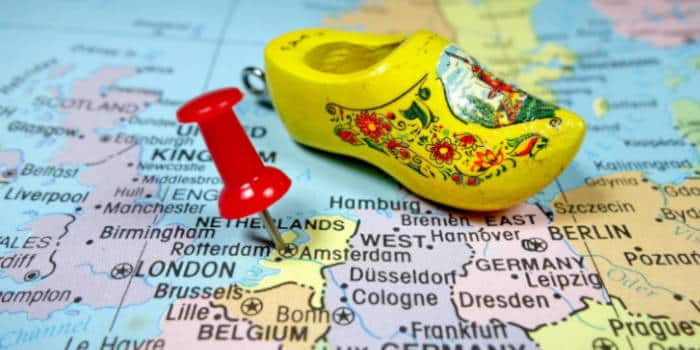Fact-checked by Angel Hristov
UK’s Horseracing Industry Goes on Historic Strike Due to Higher Taxes
Economic analysis by Regulus Partners and Development Economics has shown that racing would be disproportionately impacted by the proposed tax harmonisation, due to its unique dependence on betting revenue

The UK horseracing industry is staging a strike on September 10 in protest against the Treasury’s proposed gambling tax harmonization, which could raise the betting tax rate to at least 21%. The strike follows the British Horseracing Authority’s (BHA) launch of the #AxeTheRacingTax campaign in July, which came in response to the Treasury’s consultation on the issue.
Horseracing Industry Strike Proceeds Without Aid from the Broader Gambling Scene
For the first time in the sport’s history, all scheduled racing fixtures have been voluntarily postponed, marking an unprecedented collective refusal to race. The sport is set to hold a major campaign event in Westminster, where senior industry leaders will be joined by owners, trainers, and jockeys to underscore the threat posed by the Treasury’s proposal to an industry valued at GBP 4.1 billion (approximately $5.1 billion) to the UK economy.
It should be noted that the strike is proceeding without the support of the broader gambling industry, which has expressed concerns about the decision. The industry, represented by the Betting and Gaming Council (BGC), stated it was not consulted prior to the strike being announced.
A spokesperson for the BGC said the organization expressed concern that what it described as futile political gestures would only antagonize the government and frustrate punters, rather than contribute to finding a solution to the shared challenges facing both the racing and betting industries. The spokesperson added that the BGC is keen to work constructively with the racing sector to prevent further harmful tax increases. They warned that any new tax hike on any part of the betting or gaming industry risks undermining racing’s revenues and deterring investment in the sport, which is already a more costly and less profitable product for operators.
The Raised Tax Could Have Disastrous Consequences for the Industry, Research Says
Economic analysis by Regulus Partners and Development Economics has shown that racing would be disproportionately impacted by the proposed tax harmonisation, due to its unique dependence on betting revenue. The research suggests this could lead to a long-term downturn in investment, a decline in horse ownership, reduced viability of racecourses, and lower prize money. All of these would have widespread consequences for the sport’s ecosystem across Britain. Betting operators already face a higher effective tax rate on racing, as they pay an additional 10% Horserace Betting Levy, which supports improvements within the sport, on top of the existing 15% general betting tax.
Martin Cruddace, chief executive of Arena Racing Company, stated that Britain remains a global leader in thoroughbred breeding and racing, and that today’s actions aim to highlight the serious consequences tax harmonization could have on that status. He emphasized that racing is taxed and regulated differently from online casino and slot games for valid reasons, and that this distinction should be maintained. Cruddace also expressed appreciation for the broad support from parliamentarians and said the industry looks forward to continuing its discussions with the government in the lead-up to the November Budget.
Stefan Velikov is an accomplished iGaming writer and journalist specializing in esports, regulatory developments, and industry innovations. With over five years of extensive writing experience, he has contributed to various publications, continuously refining his craft and expertise in the field.

















